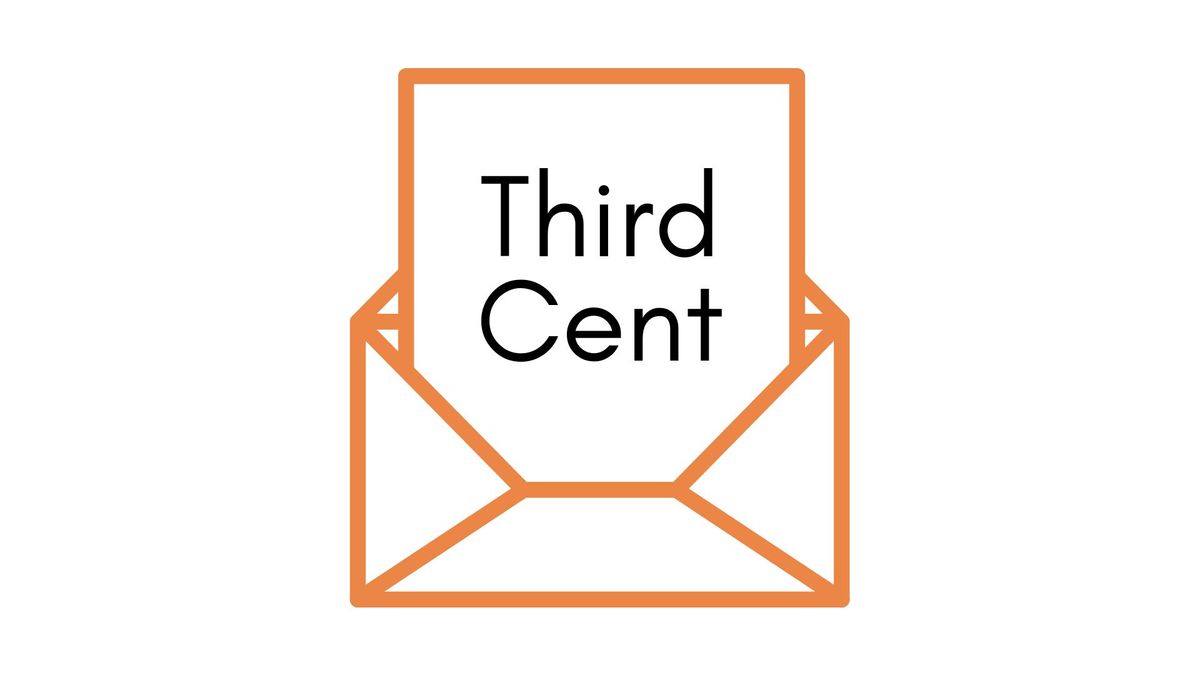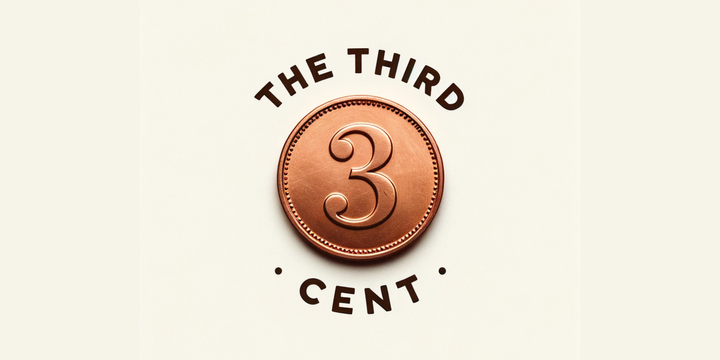MM Session 18 - Marketing Ethics

Introduction
Do you recall the first session in the marketing management course? Remember when I asked you all what the first thing that came to your mind was when I said ‘marketing’? Many of you said things like ‘selling’, ‘manipulating’, and ‘convincing’. On that day, we discussed and agreed that marketing, more than anything, is ‘adding value’. Today, we understand marketing to be the
"activity, set of institutions, and processes for creating, communicating, delivering, and exchanging offerings that have value for customers, clients, partners, and society at large. (AMA 2017)"
Note that there has been an impetus applied on the various stakeholders. It is not just the customer (as was the case in the 1980s) and clients (as was the case in the 90s), it includes partners and more importantly society at large. Today, more than any day in the past, the need for students to understand the ethics of marketing is most pronounced. It is in this spirit that this class was structured.
Ethics
No discussion on ethics begins without a discussion of the trolley problem. In simple words, the trolley problem requires you to put yourself in the shoes of an individual who has the ability to change a lever that control the direction in which a trolley car (train) moves. If you choose not to do anything and allow the train to move in the same direction, five individuals who on the track would essentially lose their life. However, if you so choose to pull the lever near you, you could divert the train in another direction saving the five lives, but instead hurting one person who is on that track. Different people you different variations of the problem and add further nuances to explain certain aspects of human psychology and ethics in greater detail. I am linking below the link to a video lecture by Dr. Michael Sandel, who teaches political philosophy at Harvard University. It offers an excellent overviews of what constitutes ethics and how one could look at it from different vantage points.
As stated earlier, the issue of ethics in marketing is perhaps one of the most pertinent topics that every marketing student should be introduced to. But then, why?
Today, we live in the age of consumer culture. Unlike in the past when people were united by religion, race, and other imagined communities, today we are united by consumption. People from around the world use the same brands - Coke, McDonalds, Starbucks, Airbnb, and a host of others. In fact, you would hardly feel lost in Ndola, Zambia (yes, I’ve been there) today because the place has pretty much everything you have in your own hometowns. This would not have been the case say 25 years ago. There are countries that have smaller GDP figures that the revenues raked in by many companies today.
This level of global reach clearly illustrates one thing - the ramification of the marketers’ actions can have very very far reaching consequences. And many of these consequences, we can look at as analogues of the trolley car problem. Let me give you a few examples to to think about:
Fair trade coffee
Would you be surprised to learn that a sip of coffee can help in hurting someone somewhere in South America? For decades, coffee brands have been sourcing coffee from various places that often relied on paying less than minimum wages to labourers in the coffee plantations. The value unlocked by paying the labourers lower wages than what is ‘fair’ literally translates into cheaper coffee for us. Can you make the connection to the trolley problem now? Just by consuming coffee acquired through non fair trade means, we end up supporting the subjugation of labourers thousands of miles away.
Whenever there is a problem, a solution to the problem also emerges.

In order to counter the unfair trade practices adopted by some coffee makers, other “fair frade coffee” brands have begun to emerge around the world. According to Wikipedia, Fair trade coffee is “coffee that is certified as having been produced to fair trade standards by fair trade organizations, which create trading partnerships that are based on dialogue, transparency and respect, with the goal of achieving greater equity in international trade. In short, fair trade coffee makers ensure that at every stage of their value chain, they try and be fair and follow ethical standards”.
Cruelty free products
Cosmetics typically require extensive animal testing before an official launch. This involves causing enormous harm to animals such as rabbits, mice and guinea pigs. On many occasions, lethal doses of the cosmetics are used on the animal to gain an understanding of how much of a dose of the same could harm human beings.
I don’t want to discuss this affair in greater detail for the desire to get some sleep tonight. However, if you are interested in learning more, you may visit PETA’s website and read articles that discuss in great lengths about the actions of cosmetics makers and counteractions launched by PETA (here’s something from the Indian PETA site).
Try once again to map this to the trolley car problem. Do we have a magic level to stop this (an option that was not provided in the trolley car case)? Yes. We can say no to products that make use of cruelty at some stage in their supply chain. Thanks to the scale in which this works, companies will take a note of this and mend their ways. If they do not, they will be out of business soon and others will take their place.
Concluding remarks:
There are hundreds of other examples/case studies that you can find on the internet. Here are some that you may want to check out:
The Pay-Day Loan Industry and predatory lending
The Beauty Industry
Food delivery
One thing is certain, regardless of which industry you are in, you will find that something in the industry can be changed to make the world a better place. The lever is going to magically appear in front of you when you pass out college and join the workforce. What will you do?



